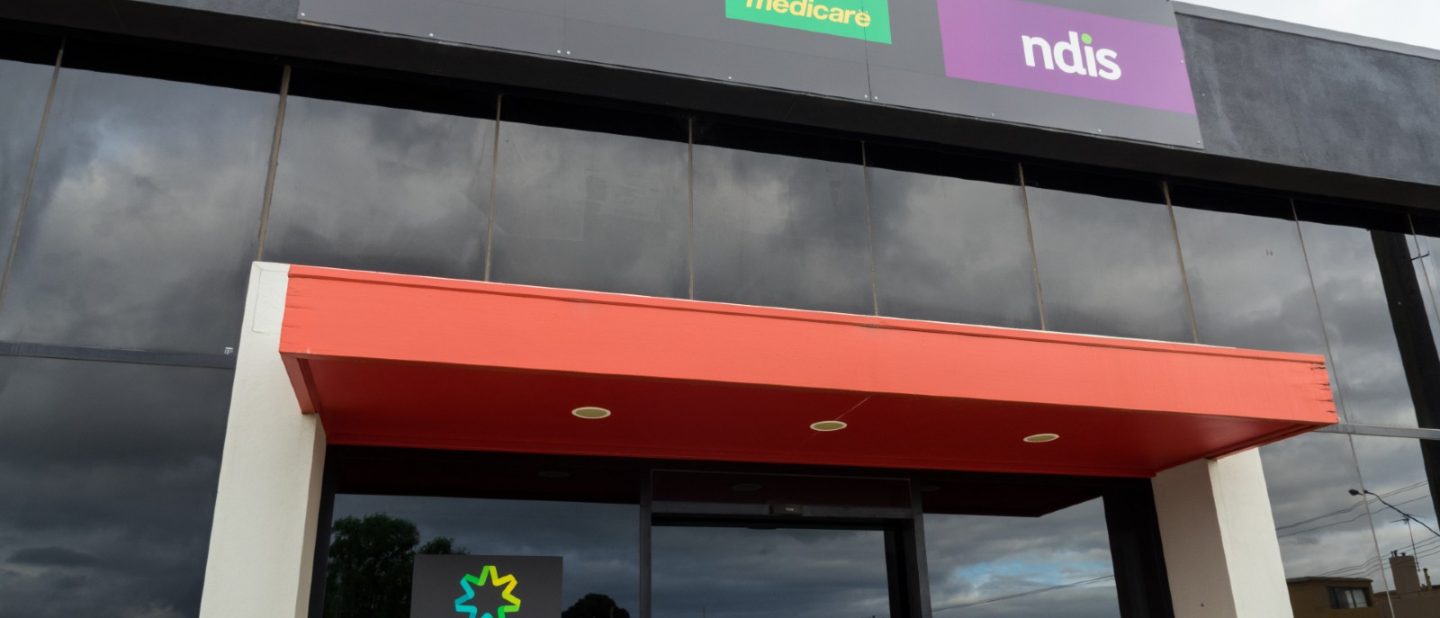
NDIS Independent Assessments: what’s happening?
By Rachel Williams
A pause on controversial changes to the country’s National Disability Insurance Scheme is not affecting current access and planning decisions, the NDIS has guaranteed.
But what a future scheme looks like remains unknown at least until “later this year”.
Major reforms to the 7-year- old scheme were announced late 2020, causing major concerns for a wide range of disability advocates. After a public outcry, the changes were last month put on hold by NDIS Minister Linda Reynolds, while further consultation takes place. And there is plenty of consultation to be had with many concerned they aren’t being listened to.
The latest figures from the NDIS show that almost 450,000 participants receive supports from the NDIS, with an average annualised funding of $70,200 per person.
More than 9,600 children receive initial supports in the Early Childhood Early Intervention (ECEI) gateway and almost 58,000 participants joined the scheme since June 30 last year. It’s anticipated that 530,000 participants will use the scheme in coming years.
An NDIS spokesperson said that access to the scheme is based on functional impairment, not diagnosis or condition, with a decision around eligibility made within 21 days.
“Functional assessments have always been part of the NDIS for both access and planning decisions – to help identify what supports a person may need to live the
life they want, at that point in time,” the spokesperson said.
“The current approach relies on individuals seeking their own assessments at their own expense, resulting in those who have the capacity to pay for and gather assessments receiving more funds in their plans, on average.”
To address this issue, the National Disability Insurance Agency last year announced a raft of reforms to make the NDIS “fairer and easier for all participants”.
The biggest shake-up came with the introduction of independent assessments. It’s a major issue for disability advocates who say the assessment won’t accurately capture the individual complexity or circumstances of each case.
This is the lived experience of Nicole Rogerson, the CEO of Autism Awareness Australia, whose son Jack, 25, has autism and a mild intellectual delay.
Jack’s first experience with the NDIS started early this year.
“Given we had just been through the process of getting into the NDIS, I was very aware of what kinds of supporting information the Agency needed to work out a plan and funding for Jack,” Nicole said.
“When we were invited to be part of the pilot, I thought it was a great opportunity for my family to experience this all first- hand so I could honestly report back to the Agency as well as our Autism Awareness community.”
To say things didn’t go well, would be an understatement.
“It had been agreed that the initial assessment with Jack would be done, and then we would have the opportunity to speak separately with the assessor,” Nicole said.
“Jack has autism as well as a mild intellectual disability, so it is hard for him to understand his disability in the context of how it affects his day-to-day life. As
a family, we have built scaffolds around Jack in order for him to be successful.
We spend zero time with Jack reminding him of all of the things he can’t do independently. We spend much more time cheering him on and celebrating what he can do.
“For his own mental health, his father and I felt it was appropriate the assessor heard from us, without Jack being there. “We didn’t get that far, as I stopped the assessment half-way through. The assessment was confronting for Jack. Having a stranger in the house, who spent no time trying to get to know him, but launched straight into a series of questions asking him to rate his disability. Jack doesn’t like talking about his disability at the best of times… it was upsetting to watch.”
The NDIA argues that free independent assessments will create a fairer, simpler and more flexible NDIS.
“The process uses internationally- recognised tools and qualified health professionals, and will be available no matter where a person lives or their individual circumstances,” the spokesperson said.
“The independent assessment process provides consistent and reliable evidence that describes a person’s functional capacity, and the environment in which they live.”
One disability sector advocacy group recently posted to Facebook that results of independent assessments would “go into a computer and an algorithm will put you into one of 400 boxes” to determine plan funding.
The NDIS spokesperson refuted that claim.
“Independent assessments will help develop an overall personalised budget,” they said.
“Following an independent assessment, participants will receive an indicative personalised draft budget.
“Currently, the functional capacity information used to develop participants’ baseline budgets comes in various forms, and can be of varying quality. In the absence of this information, Agency staff (planner or Local Area Coordinator) will complete one or two functional questionnaire tools to gather the required information. The result of the current, inconsistent approach has led to participants of similar disability and circumstances receiving vastly different baseline budgets and plans.
“Participants will continue to meet with the planner, and decisions about personalised budgets will be made by a person at the NDIA.
“During a planning meeting, changes will be able to be made, particularly for specific things like Assistive Technology and Supported Disability Accommodation funding.
“This will mean participants will receive a more accurate plan, based on their support needs, with far greater flexibility in how they spend the plan to pursue their goals.”
The spokesperson said the NDIA was committed to getting independent assessments right via feedback from the pilot, with results of the second independent assessment pilot due later this year.
While more consultation takes place, the spokesperson said access and planning decisions continue to be made by NDIA delegates.
“The pause on introducing changes to the NDIS does not impact on people who are currently applying for the scheme or need a plan review,” the spokesperson said.
The spokesperson said that it was committed to ensuring the growth of the NDIS was sustainable and built to last for generations to come.
“As the NDIS evolves, the NDIA continues to consult with participants, their families and the wider disability sector to receive their feedback,” the spokesperson said.
Nicole certainly hopes that is the case – because everyone does agree is that, despite not being perfect, the NDIS is vital and has literally changed lives for the better.
“I have some sympathy for the Federal Government and the NDIS,” Nicole said.
“We all know the scheme needs to be sustainable over time… it can’t be a blank cheque and getting a handle on costs and consistency of funding and plans across the country requires more work.
“But the Government refusing to work with the sector to solve these issues is a grave error.
“Pushing through with reforms that will lead to terrible outcomes for people with a disability, and the accompanying bad headlines, helps no one.“
“The money going out isn’t being wasted. It is giving people with disability a quality of life, providing thousands of jobs in the sector and increasing the participation of people with a disability and their families back into the workforce.
“I have seen first-hand how wonderful and important it is. It’s our job as a sector, to remind the Government it is our NDIS, paid for by Australia taxpayers and we want them to listen to us, work with us and ensure this scheme lives up to its goals and promise.”






